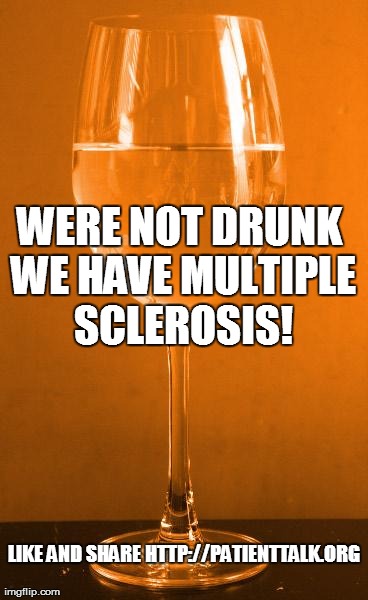
In today’s video podcast episode, I will be sharing valuable insights and strategies for managing MS fatigue and how to address it. I will discuss how this symptom manifests, how to minimize it, ways to prevent it, and the most beneficial mindset to have when dealing with MS and MS fatigue. I will also explain what MS fatigue looks like and how it can impact people with MS and those around them. The information and solutions presented are relevant not only to individuals with MS but also to those with other autoimmune conditions that have fatigue as a primary symptom. This episode will also provide value to those who are chronically tired, overwhelmed, and living in a survival mode.
How do we differentiate between fatigue and general tiredness? It’s simple. When we are tired, rest or sleep rejuvenates us, and we feel better afterwards. Tiredness does not significantly affect our body’s response, and with effort, we can continue functioning for a while longer. We have some control over it. On the other hand, fatigue is not alleviated by rest or sleep and can persist for an unknown period until we feel better. It also tends to be unpredictable. Overcoming fatigue is not solely a matter of willpower; it also affects our body and mind. The good news is that there are ways to reduce the likelihood of experiencing fatigue and methods to prevent both fatigue and MS fatigue.



